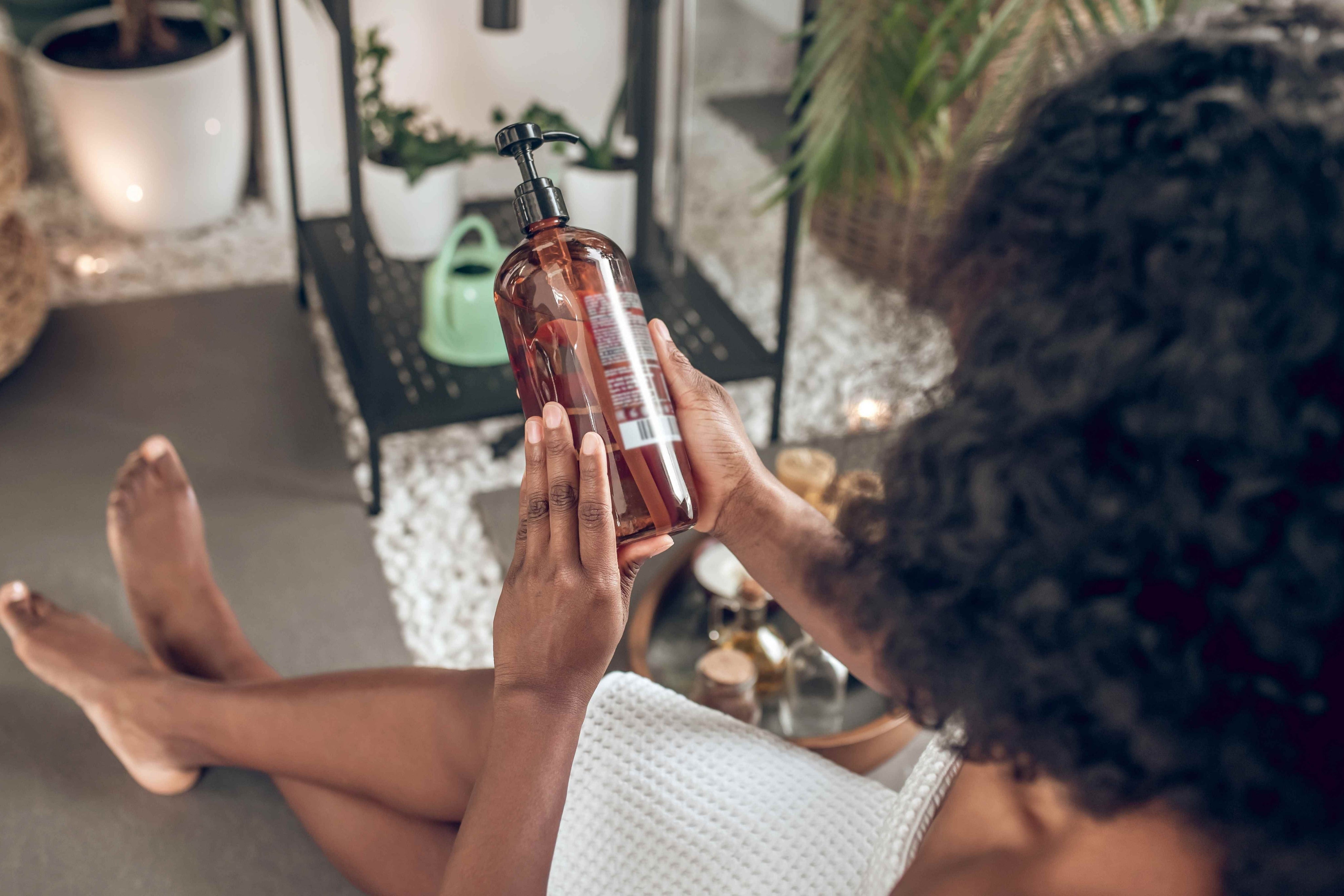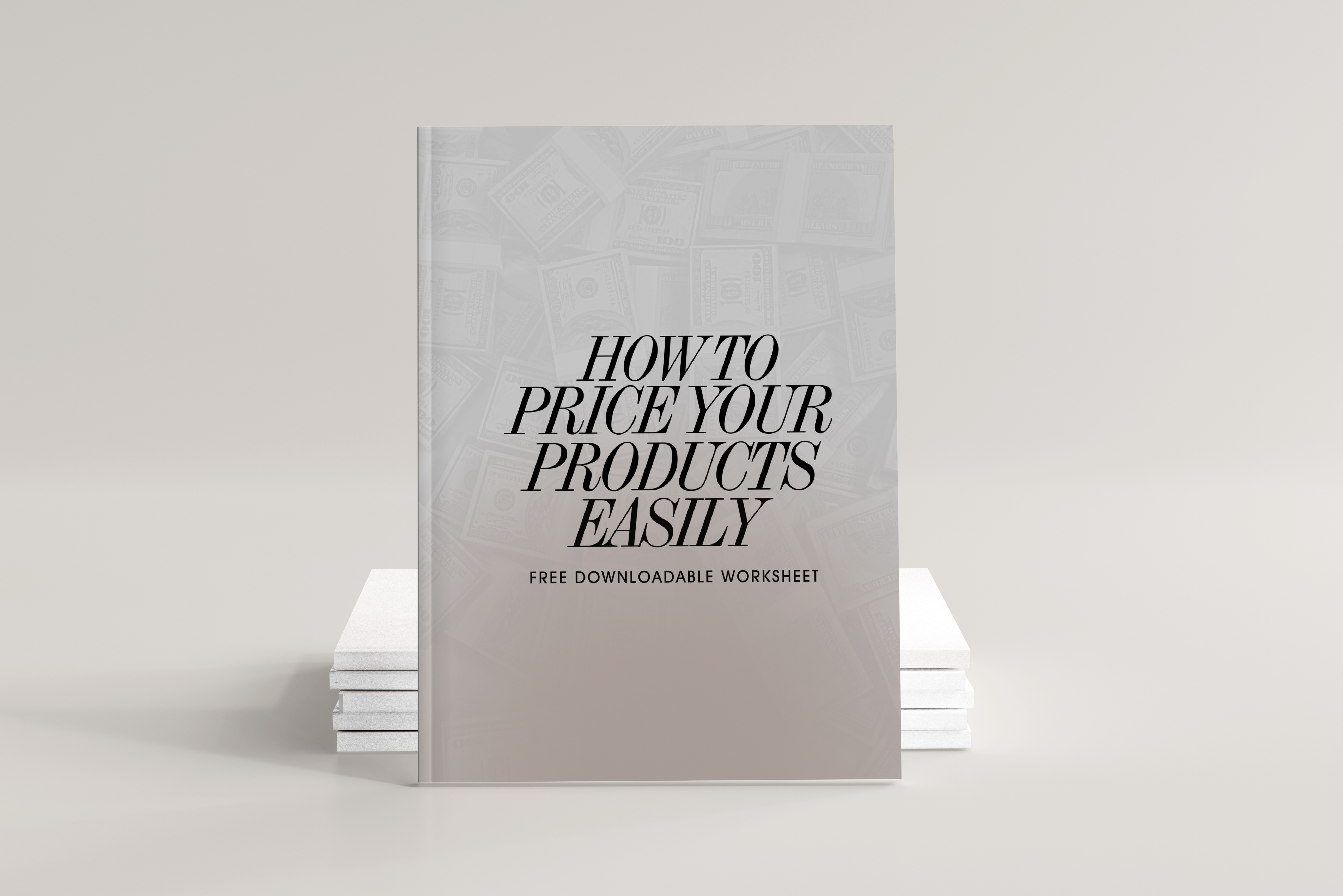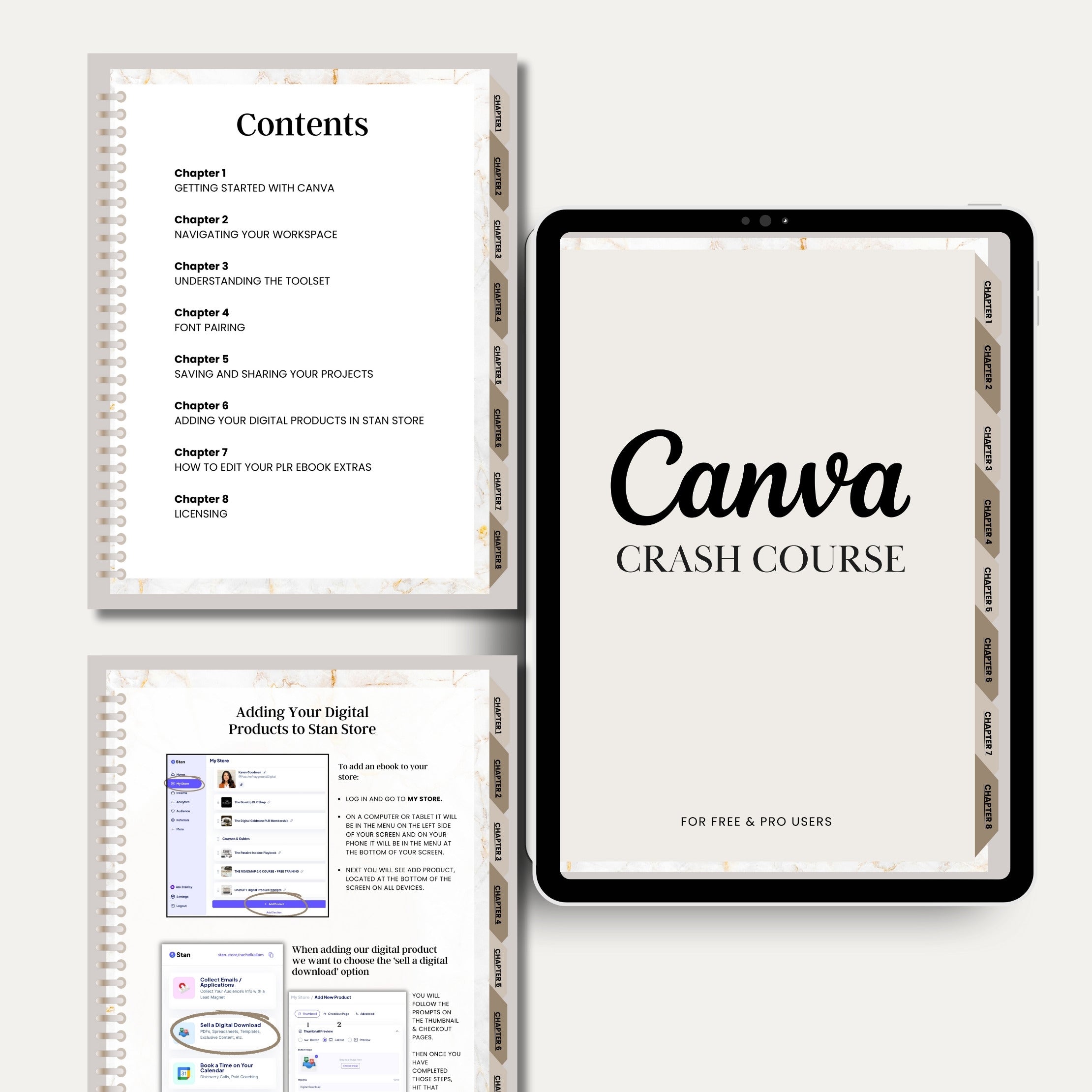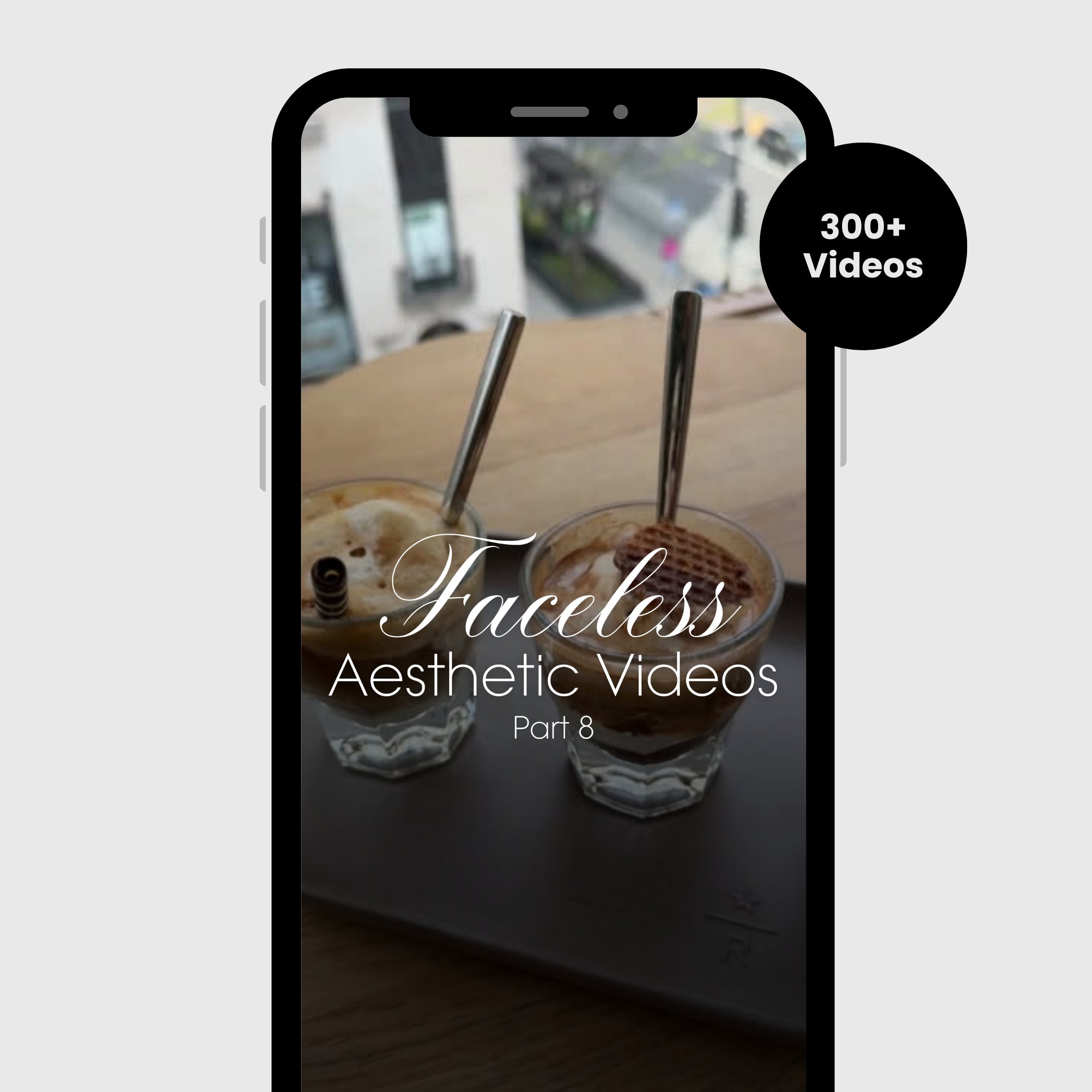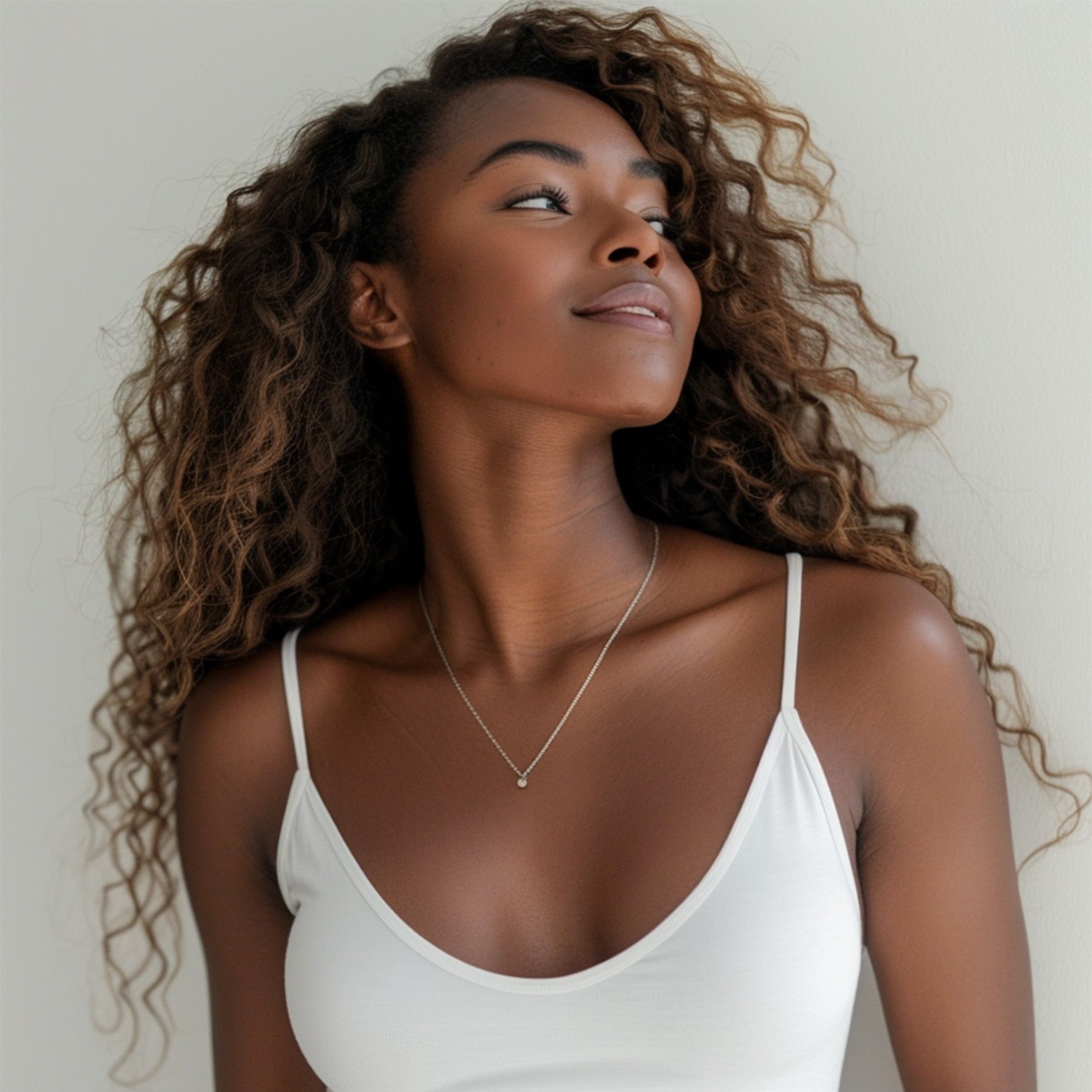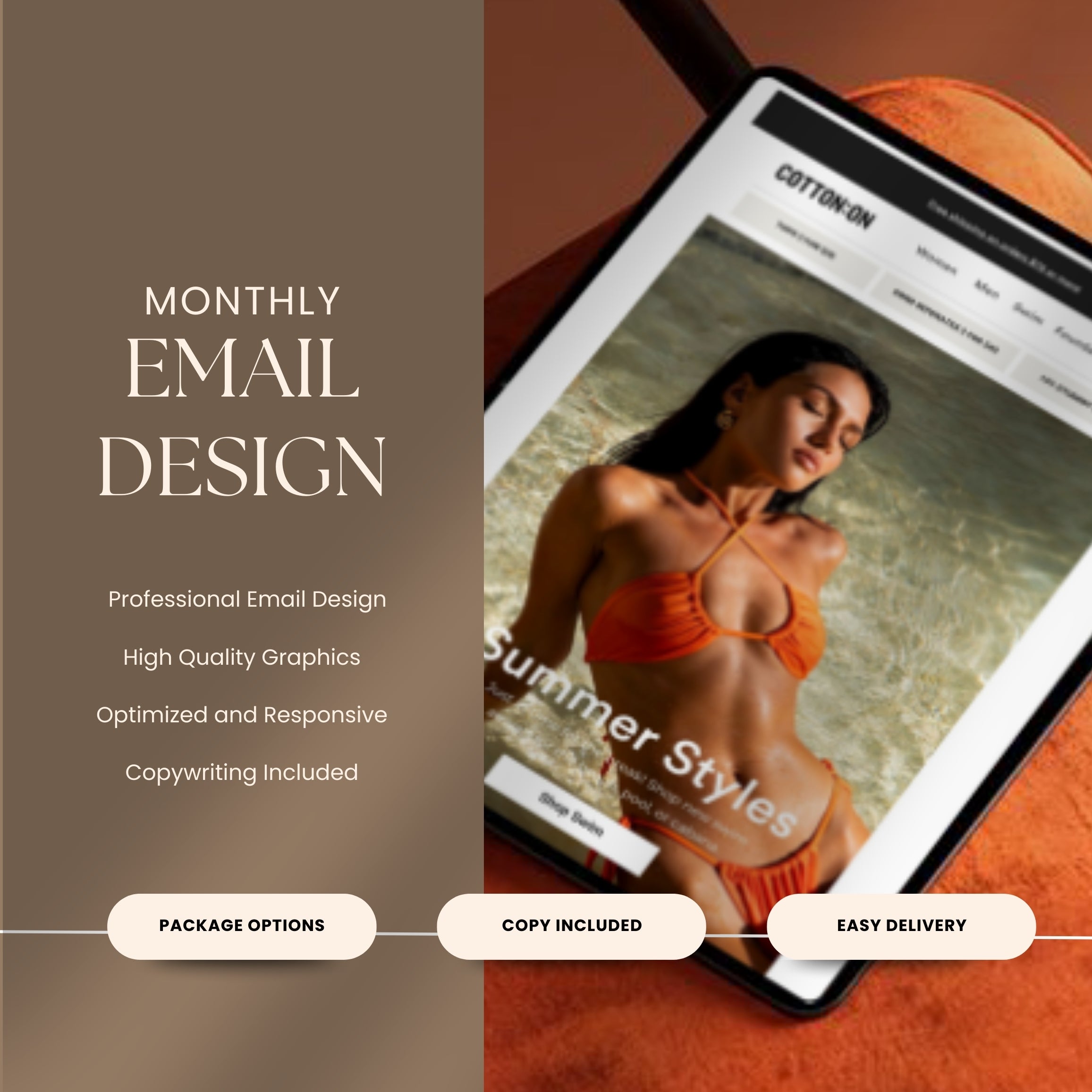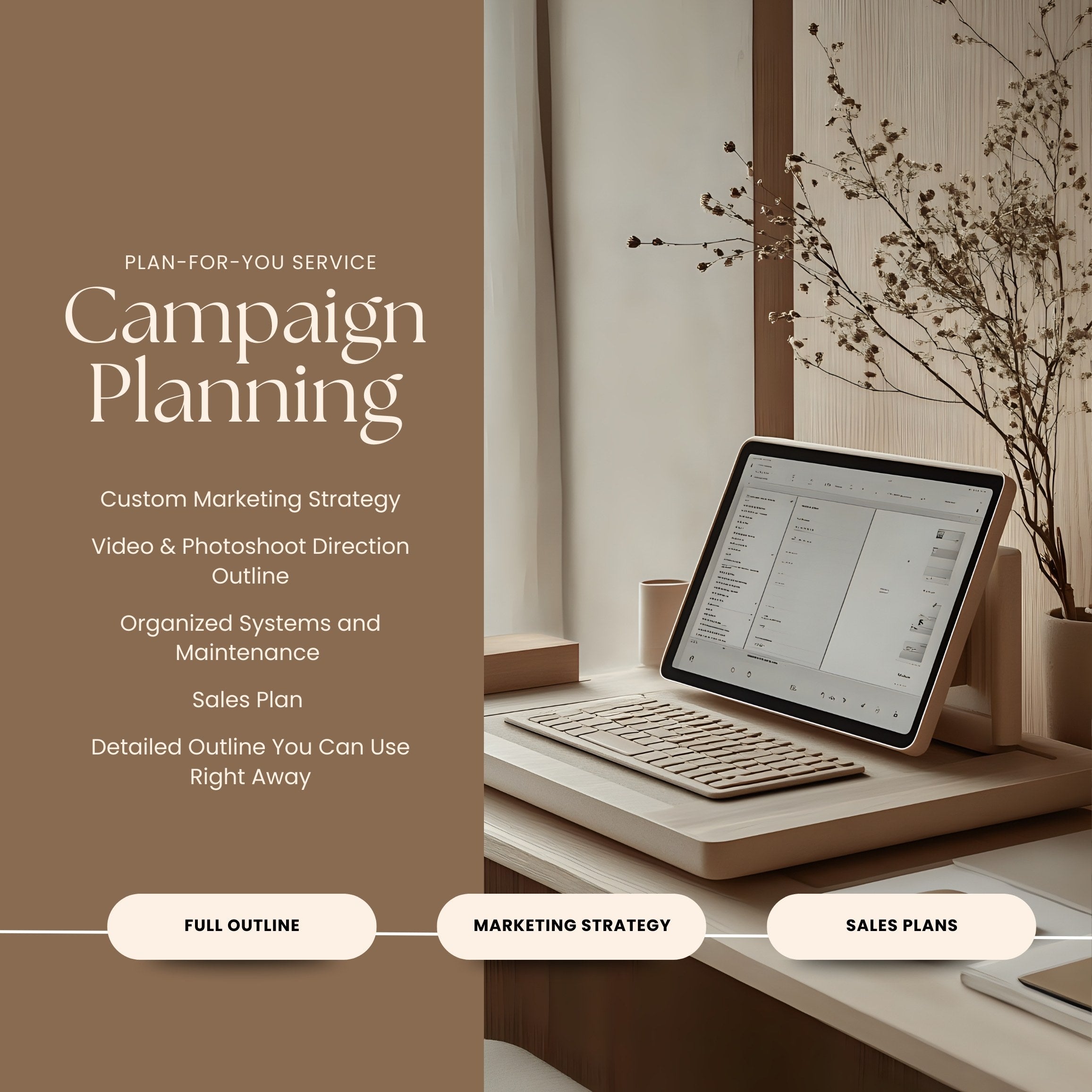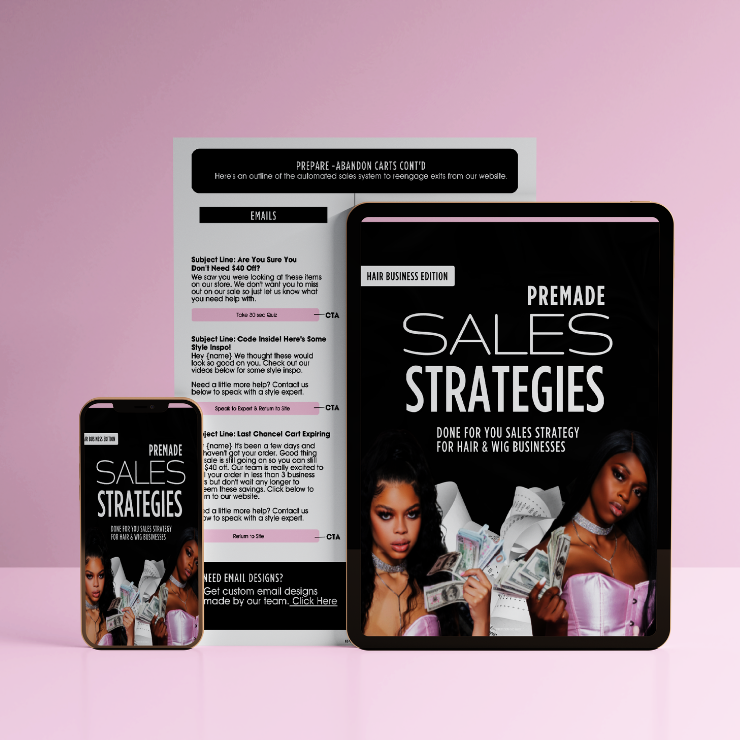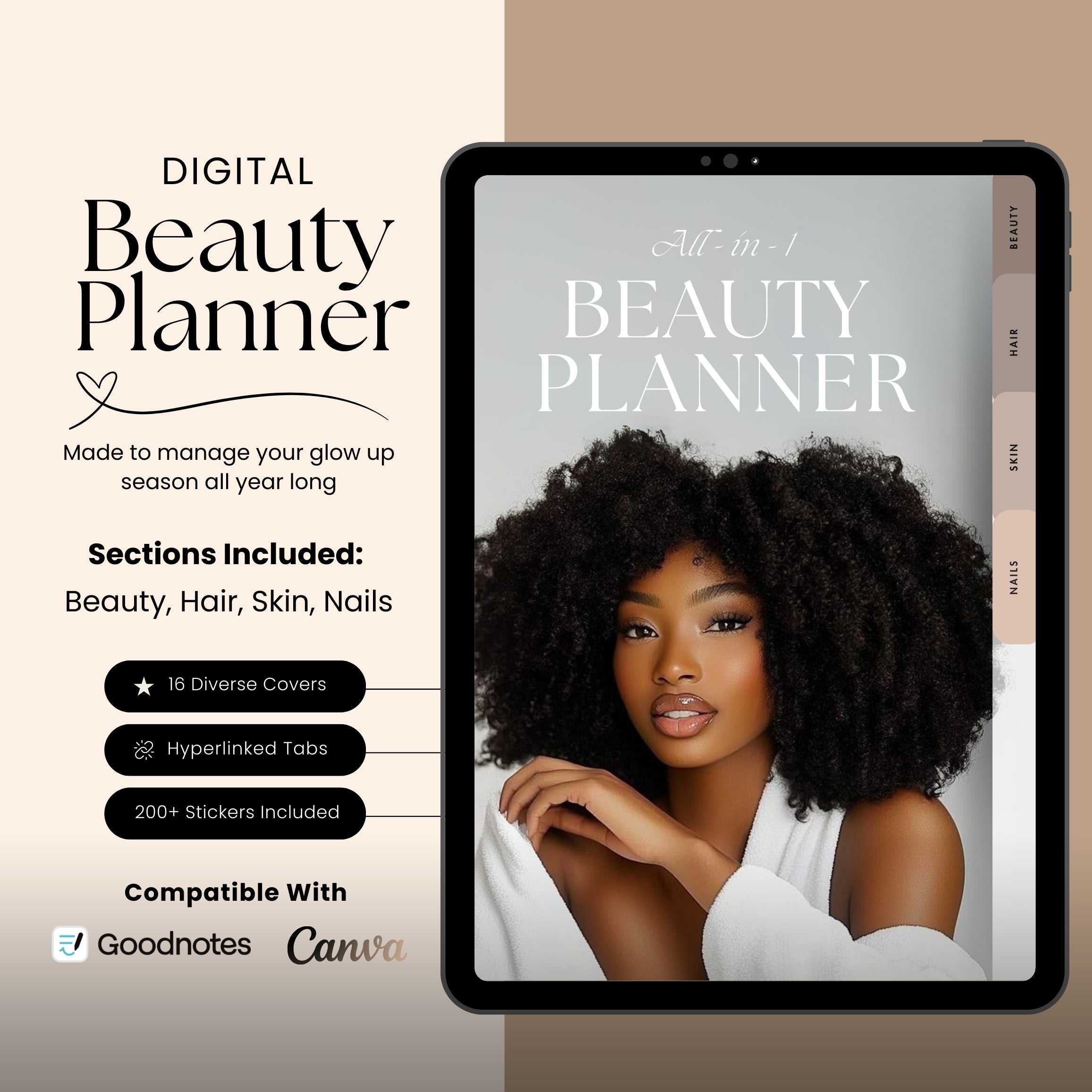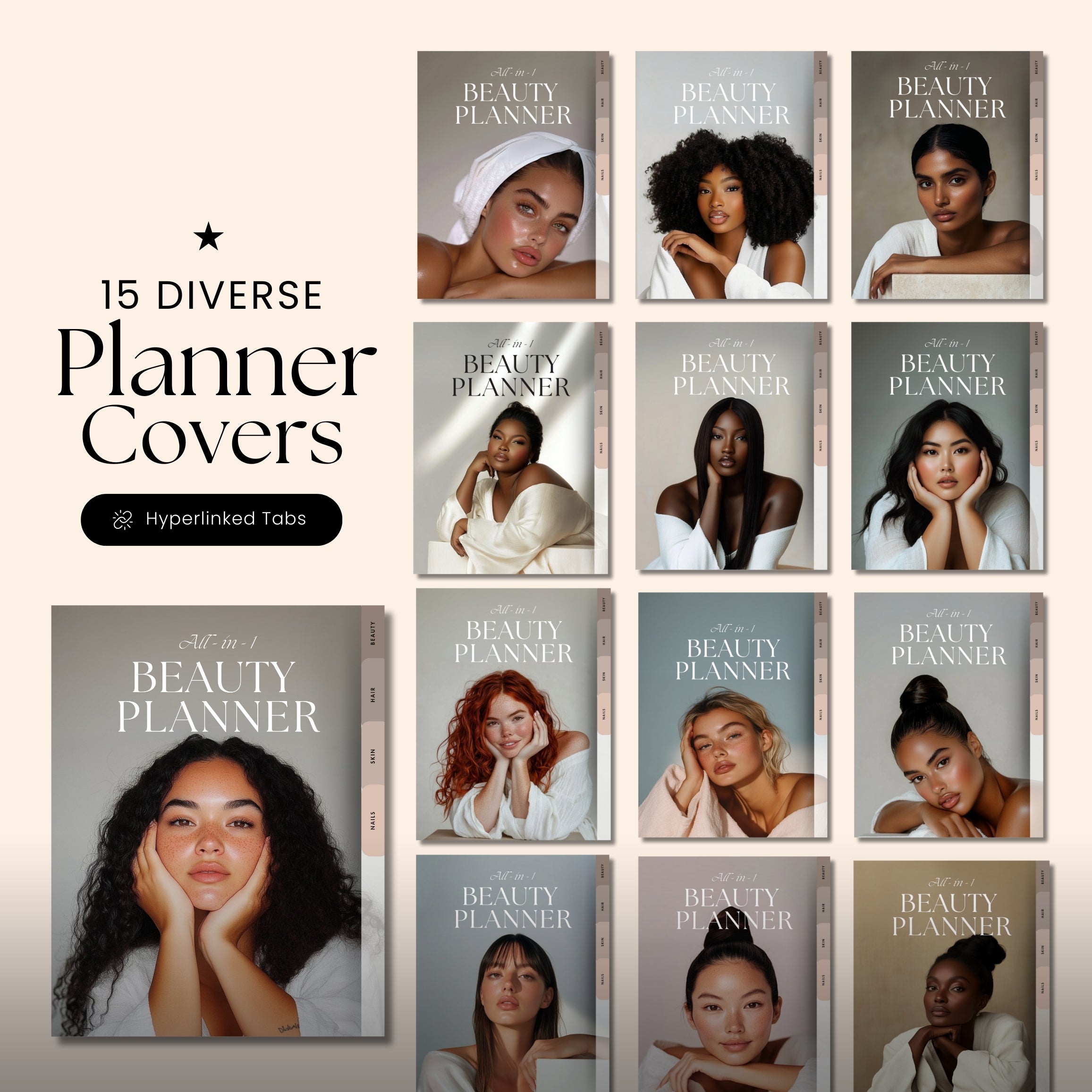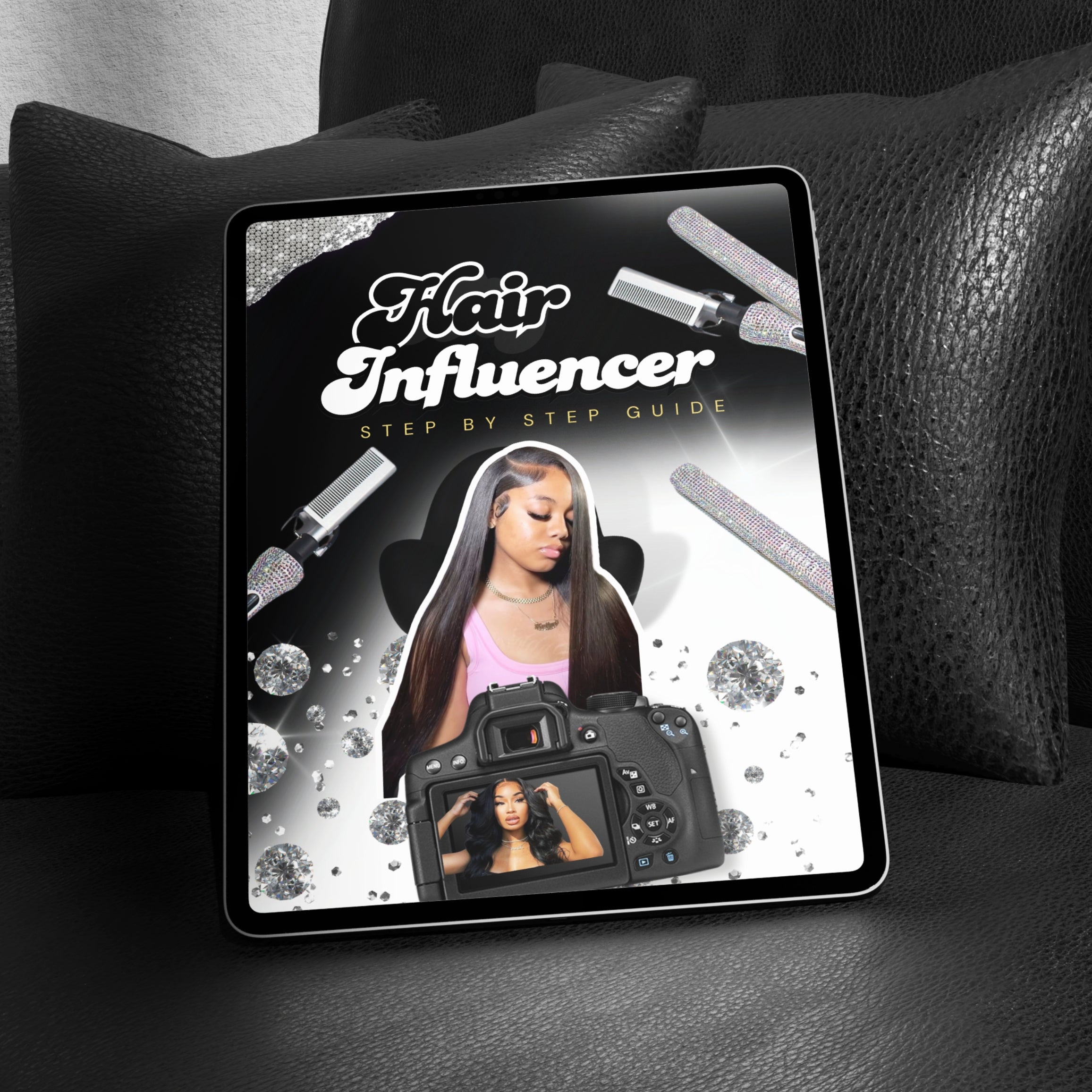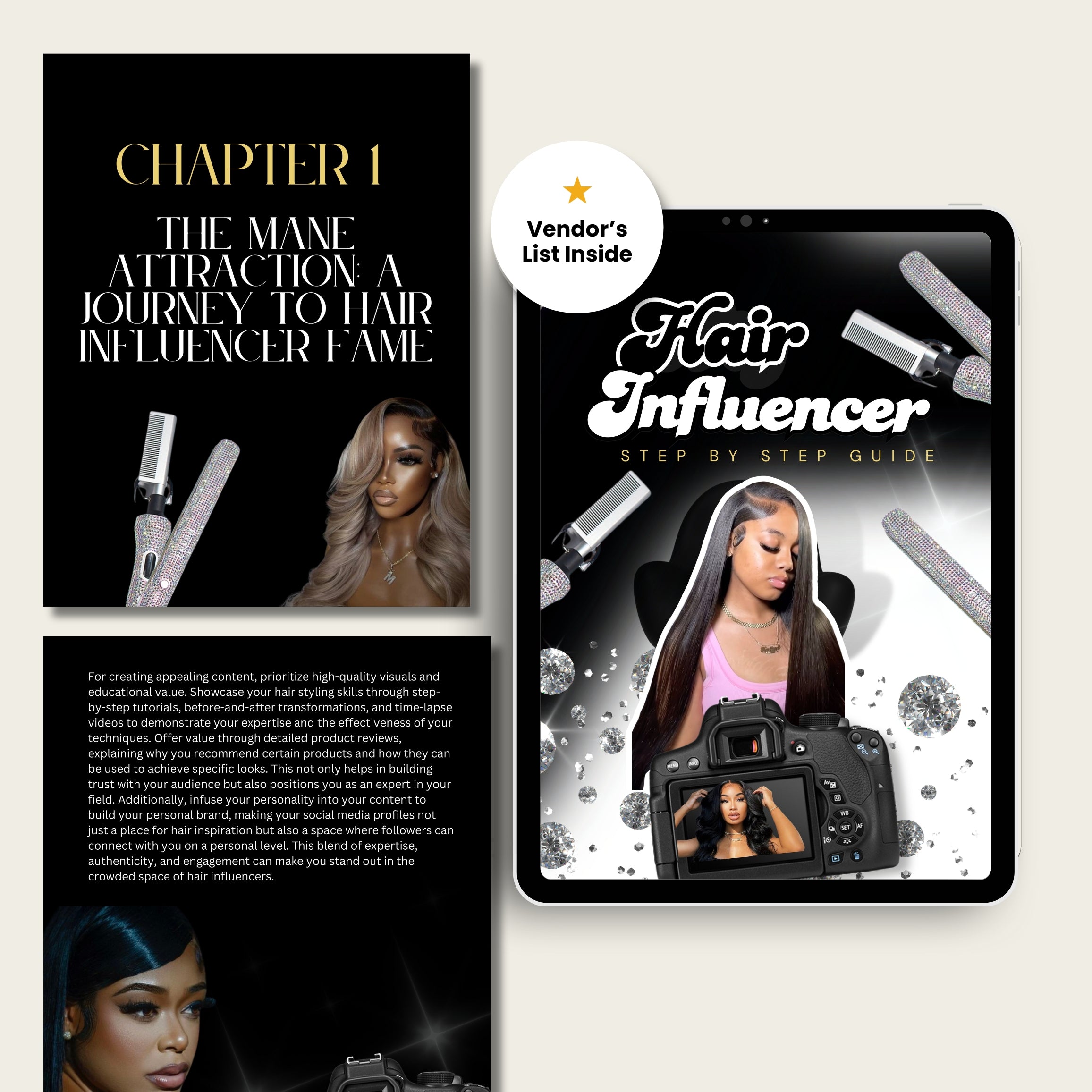How Black-Owned Beauty Brands Can Prepare for the Boycott Surge
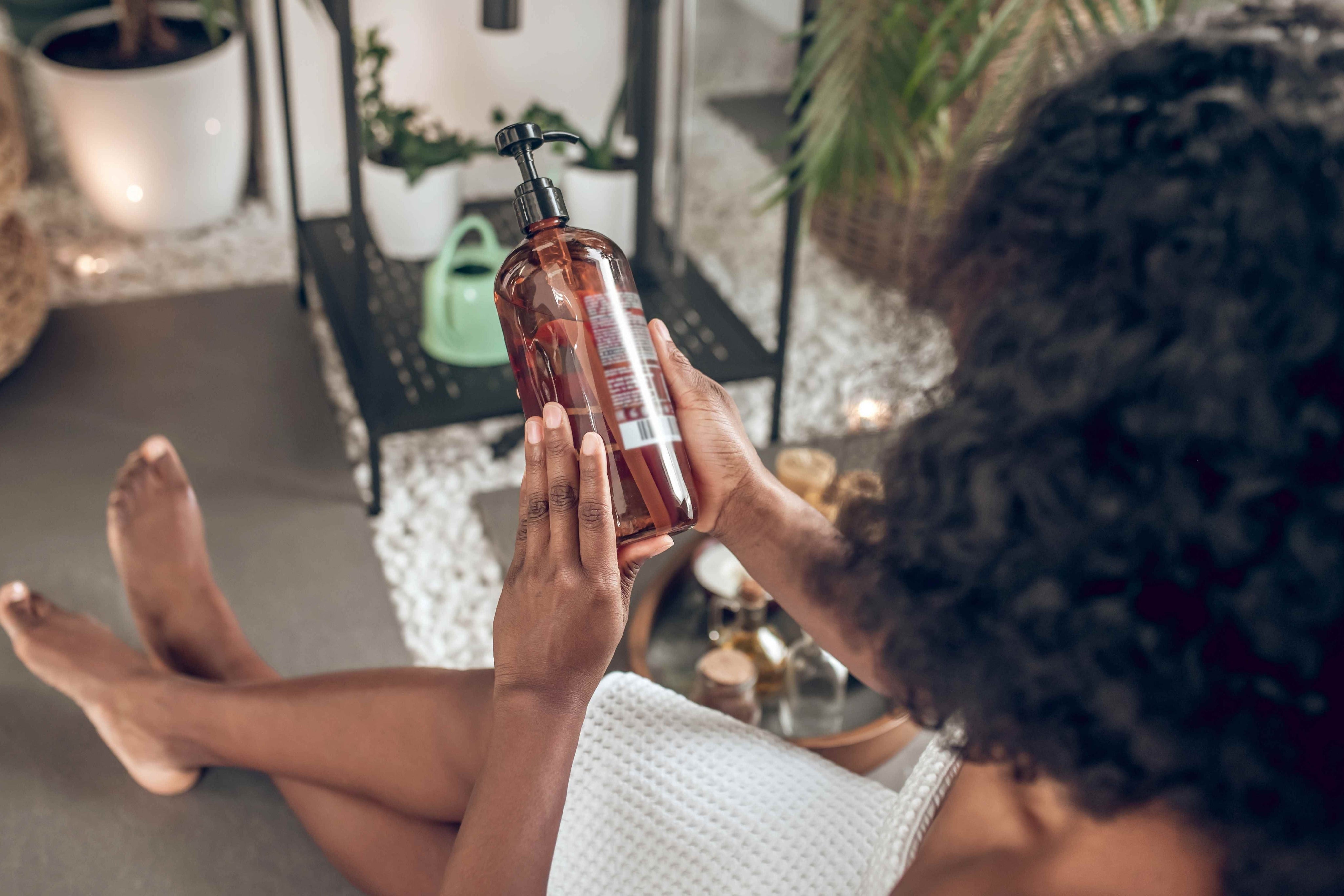
Come September 1, Black women will be putting their money where their mouths are with a global boycott of the hair care industry. Bad news for corporations, but GREAT news for Black-owned hair care businesses. But this isn’t business as usual. The Black Hair Boycott is about redirecting power, dollars, and attention away from corporate giants and toward Black ownership. For brands that have been grinding quietly for years, this is your moment to shine—but only if you’re prepared.
How the Black Hair Boycott Benefits Black-Owned Businesses
Black women spend billions in the beauty industry every year, yet Black-owned brands capture only a sliver of that market share. This boycott flips the script—hopefully for good.
- Billions of redirected dollars are suddenly in play.
- New customers are actively searching for alternatives to corporate beauty.
- Visibility is on your side—media, TikTok, and Instagram feeds will be buzzing with “buy Black” lists and product swaps.
This isn’t just about sales. It’s about legacy, loyalty, and long-term growth.
How to Prepare Your Business for the Surge
Understanding where you fit in is important. Not every brand is the same, and there’s still huge competition out there. Lists are already circulating of bigger brands like Canvas Beauty, Kaleidoscope Hair, and Design Essentials. That doesn’t mean you can’t compete—it just means you need to position yourself well. Black women are looking for local, affordable, and natural brands—and they’ll also need tools, accessories, and services to help them last the month.
Black-Owned Brands Who May Fit:
- A hair care line (oils, creams, gels, etc.)
- A hair education platform (ebooks, YouTube, coaching, courses)
- A headwrap & accessories shop
- A natural hair salon/service provider (that uses Black-owned products)
- A Black-owned beauty supply store prioritizing Black-owned brands in their inventory
Stock Up, Sell Local, and Communicate
Prepare your inventory. If you make hair care products, make sure they’re shelf-stable and well-labeled. Shipping can be an issue for smaller brands, so consider offering local pick-up or hosting weekly pop-ups where customers can retrieve their products. Farmers’ markets and community events are also great opportunities to partner with other Black-owned beauty brands and move product.
If you ship, communicate shipping times clearly. This will lessen confusion about when products are expected and will also help you maintain good customer service.
Prepare Your Website
Not only should your website be easy to use, but it must prioritize new customers. Products should be simple to find, with detailed descriptions and clear photos that market the product well.
Note: If you’re providing services, this isn’t the time to argue about prices, availability, or lengthy policies. Customer service issues already create tension between Black beauty providers and customers, so during the boycott, it’s important to listen to the consumer. Keep booking sites clean, pricing reasonable, and schedules tight.
Website To-Dos:
- A clean, mobile-friendly website with simple navigation
- Updated policies, FAQs, and about page—customers want to know who you are as much as what you sell
- Product pages with clear images and detailed descriptions (including ingredient lists)
- Smooth checkout (Bonus: Add Apple Pay, Klarna, Afterpay, etc.)
- For services: a clean booking site with an updated schedule and detailed descriptions of services and products used
- SEO-optimized content to boost search rankings
Marketing: Be Loud, Proud, and Visible
This is your opportunity to get in front of your audience. They need to see your face, hear your story, and connect with your brand. Create content for platforms like Instagram and TikTok—where the movement started. Go live, and connect your store to TikTok Shop.
This is the time to double down on visibility:
- Go live on TikTok and Instagram
- Use TikTok Shop to boost direct sales
- Share your story—why you started, what your products solve, how you’re different
And don’t hide behind the brand. Step in front of the camera. Let people see your face, your story, your mission.
Don’t F*ck It Up: Listen to the Consumer
Black-owned brands are not exempt from public backlash. When brands don’t listen to their customers or abandon their values, support disappears quickly. This isn’t the time to spark debates about consumer entitlement or “educate” your customers on the business. Listen to their needs, and let them know they’re heard and seen.
- Maintain good customer service. Period. Don’t expose your customers online or respond negatively to reviews.
- Streamline fulfillment—nobody wants to wait six weeks for edge control or wig glue. The boycott is only a month, so aim for delivery times of no more than seven business days, and promote local pickup options.
- Maintain quality control, especially if you’re creating natural, handmade products.
- Workshop your pricing—expensive hair care in this economy feels tone-deaf.
September 1 isn’t just a date; it’s a turning point. The Black Hair Boycott will bring eyes, dollars, and energy to Black-owned beauty like never before. But opportunity without preparation is a missed chance.
Get your systems in place, stock up, tell your story, and lean on community. This isn’t just about surviving the surge; it’s about thriving long after it’s over.
0 comments

